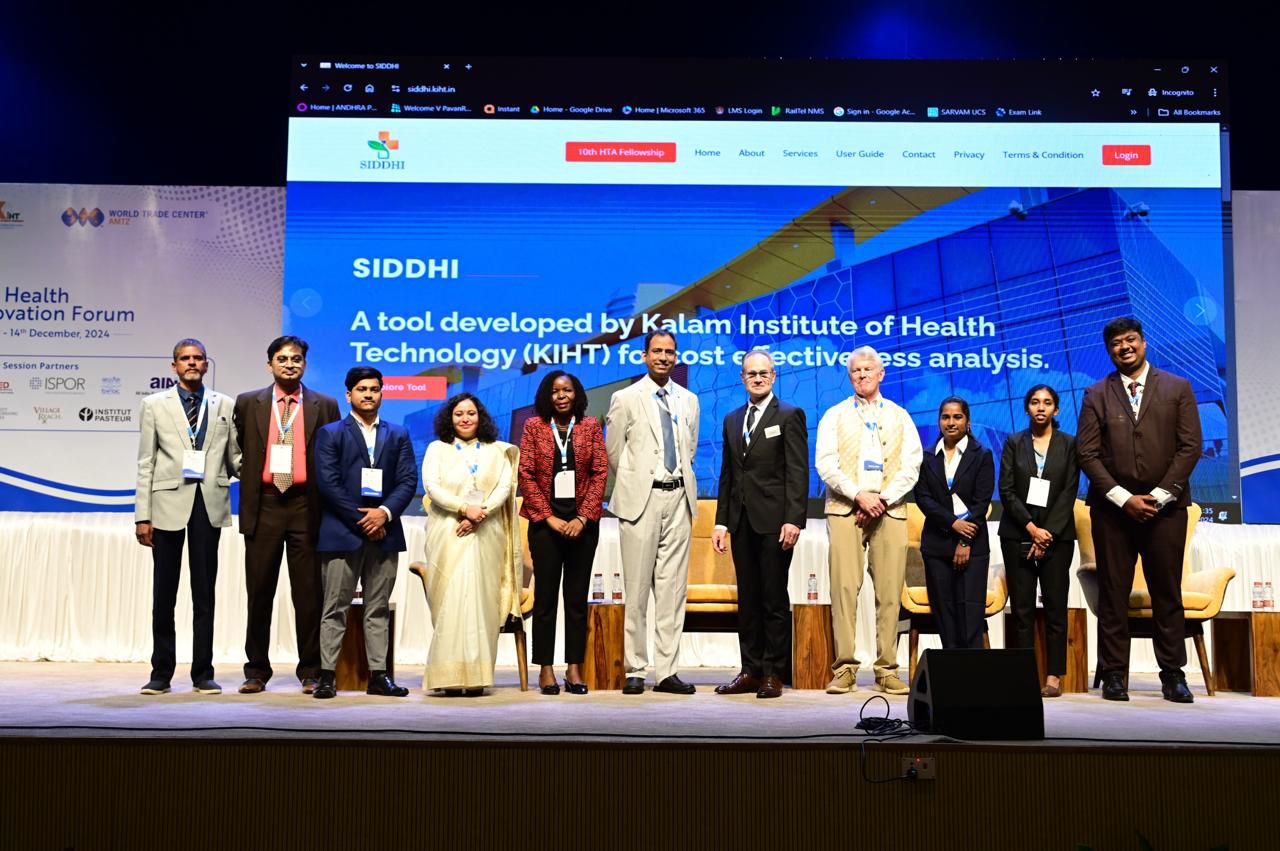 New Delhi: The fear of COVID is hindering diagnosis of other diseases including cancer. According to Indrprastha Apollo hospital figures, over 40% patients reporting advanced stages of cancer due to delayed diagnosis.
New Delhi: The fear of COVID is hindering diagnosis of other diseases including cancer. According to Indrprastha Apollo hospital figures, over 40% patients reporting advanced stages of cancer due to delayed diagnosis.
The fear of contracting COVID 19 has kept away from visiting hospitals. Consequently timely diagnosis and care management of chronic diseases like cancer has seen a massive decline. Since March when COVID 19 struck, cancer care and diagnosis has been a challenge for two reasons: existing cancer patients are extremely vulnerable to severe effects of COVID 19 and patients who are vulnerable to the disease have delayed consulting the medical practitioners leading to delayed detection and diagnosis. As a result, all this has led to patients reaching hospital at advanced stages of the disease.
Most patients reporting advanced stages of cancer are over 60 years of age who mostly suffer from co-morbidities like diabees, cardiac ailments and hypertension and hence are the most apprehensive to step out of homes or seek doctors consultation.
Dr S M Shuaib Zaidi, Senior Consultant, Surgical Oncology, Indraprastha Apollo Hospitals, New Delhi, said “In India, 50-60 per cent of patients seek medical treatment in the advanced stages due to lack of awareness and timely screening. With the current pandemic, this percentage has gone up by at least 40% due to COVID fear. In the month of September- October, we have seen an upsurge in patients being diagnosed with stage 2 and stage 3 cancer, some of them with bleak chances of recovery. Due to delay in early detection the cancer has progressed in the past 6 months from a treatable- stage 1 condition, to a complex life threatening stage 3.”
Similar was the case of 33 year old Sneha Singh from Delhi who was operated for breast cancer at Indraprastha Apollo Hospitals, New Delhi in February. Following the surgery she had to undergo radiation therapy to eliminate any possibilities of re-occurrence. But with lockdown and fear of being exposed to COVID 19, Sneha delayed her radiation sessions for nearly six months. In August when she finally visited the hospital, cancer in her breasts had spread to other parts of her body. From a treatable stage she had now advanced to a stage 3 cancer. Though, she is undergoing treatment but her chances of survival are now bleak.
Dr Ramesh Sarin, Senior Consultant, Surgical Oncology, Indraprastha Apollo Hospitals, New Delhi, said, “With COVID-19 currently taking the front seat, preventive healthcare has been neglected the most. What we were able to do before COVID 19 as preventive measures for early detection of cancer in terms of screenings for breast cancer, cervical cancer, prostate cancer, head and neck cancers, has declined. Additionally for radiation and chemotherapy, while we have tried to reduce the duration of these sessions from 6 to 3months, a major portion of these patients have been missing their treatment or have been irregular, for fear of visiting the hospital and being exposed to COVID 19. In the month of October, 7 out of 10 patients have missed their radiation sessions. This puts the patients under threat of spread of cancer and consequent life threatening complications. With delayed preventive care and treatment we are under a lingering threat of increased cancer burden in the coming months.”









